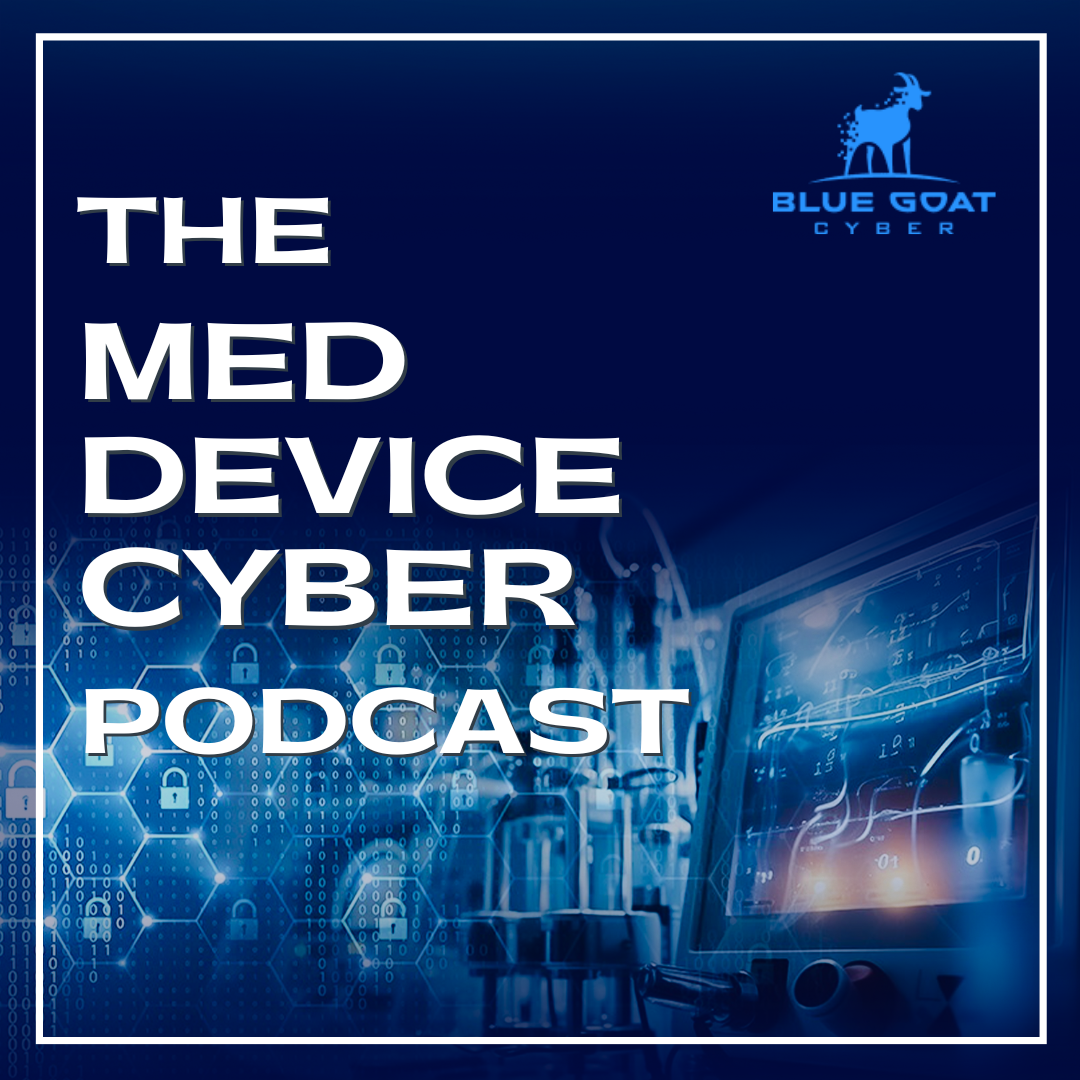Medical devices are quickly evolving, with advanced connectivity and software-driven functions that enhance the patient experience. However, this technological advancement also introduces new vulnerabilities, making medical device cybersecurity a top priority for manufacturers. The FDA enforces strict cybersecurity standards which require medical device manufacturers to ensure their products comply with security standards prior to and after approval.

Image credit: bluegoatcyber.com
Cyberattacks on healthcare infrastructures have risen drastically in recent years. This poses a serious risk in terms of patient safety. Cyberattacks can target any digital device, no matter if it’s a networked pacemaker, insulin pump, or hospital-based infusion systems. FDA security for medical devices has become a requirement of product development and approval by the regulatory authorities.
Knowing FDA Cybersecurity Regulations for Medical Devices
The FDA has revised the guidelines for cybersecurity to address the rising risks in the medical technology industry. These guidelines were created to ensure that manufacturers take care of cybersecurity throughout the device’s entire life-cycle, from premarket submissions to postmarket maintenance.
FDA cybersecurity requirements are:
Modeling and Risk Assessment Recognizing security risks that could compromise device functionality or patient safety.
Medical Device Penetration Testing (MDT) Conduct security testing to replicate real-world scenarios to reveal weaknesses before submission of the device to FDA.
Software Bill of Materials (SBOM) provides a complete list of software components to track the risks and vulnerabilities.
Security Patch Management: Implementing a systematic method of fixing and updating security flaws in software over time.
Cybersecurity Postmarket Measures: Establish a an incident response and monitoring strategy to ensure continuous protection from new threats.
The FDA’s updated guidance emphasizes that cybersecurity must be integrated into the medical device development process. Without compliance, manufacturers risk delay in FDA approval, recalls of products or even legal liabilities.
FDA Compliance: The role of medical device penetration testing
One of the most critical aspects of MedTech security is penetration testing for medical devices. Penetration testing is distinct from standard security audits since it replicates the real-world techniques used by cybercriminals in order to uncover weaknesses that are otherwise missed.
The reason why penetration testing for medical devices is essential
Security-related failures can be prevented by identifying vulnerabilities prior to FDA submission could reduce the chance of security-related redesigns and recalls.
Meets FDA Cybersecurity Standards – FDA cybersecurity in medical devices requires thorough security testing. penetration testing is a way to ensure compliance.
Cyberattacks could be harmful to patients. Cyberattacks that target medical devices could cause malfunctions that could be detrimental to a patient’s health. The risk of such incidents can be minimized through regular testing.
Improves Confidence in Markets Healthcare and hospitals are drawn to devices that have been tested for security methods, which can improve a manufacturer’s credibility.
Conducting regular penetration tests even after FDA approval is vital since cyber-attacks are always evolving. Medical devices are secure from new and emerging threats by constant security tests.
Cybersecurity in MedTech Cybersecurity in MedTech: Challenges and Solutions
While cybersecurity is now an essential regulatory requirement Many manufacturers of medical devices are struggling to implement appropriate measures. These are the most frequently encountered issues and solutions to them:
The complexity of FDA cybersecurity regulations: FDA’s cybersecurity rules are complicated especially for manufacturers who are new to regulatory processes. Solution: Working together with cybersecurity specialists who are experts in FDA Compliance can help streamline processes for applications that are pre-market.
Cyber threats are evolving: Hackers continue to find new ways to exploit the weaknesses of medical devices. Solutions: A proactive strategy that includes real-time monitoring of threats, and ongoing penetration tests, is crucial in preventing cybercriminals from gaining a foothold.
Legacy System Security A large number of medical devices still run using outdated software. This increases the risk of attack. Solution: Implementing an update framework that is safe and that ensures compatibility of security patches with older versions can reduce risks.
Insufficient Cybersecurity expertise: A lot of MedTech companies lack in-house cybersecurity teams to address security issues effectively. Solution: Partner with security companies from third parties that are knowledgeable about FDA security for medical devices to ensure compliance and enhanced security.
Postmarket Cybersecurity: Why FDA Compliance Doesn’t End After Approval
Many companies believe that FDA approval is the end of their cybersecurity obligations. The risks of cybersecurity are elevated once the device is in actual use. Cybersecurity is just as crucial post-market devices as it is for before-market.
Key elements of a strong postmarket strategy for cybersecurity include:
Ongoing Vulnerability Monitoring – Keeping the track of any new threats and addressing them prior to when they pose a risk.
Security Patching & Software Updates – Install timely updates to fix vulnerabilities in firmware and software.
Incident Response Plan – A clearly defined plan to prevent and address security risks quickly.
Training and Education for Users – aiding healthcare providers as well as patients and other parties to better understand the best practices in secure device usage.
A long-term security strategy ensures that medical devices are secure as well as safe and effective throughout their lifetime.
Conclusion: Cybersecurity is a Critical Factor in MedTech Performance
In an era when cyber-attacks are escalating within the healthcare industry medical device security is not just a necessity but also an legal and moral one. FDA cybersecurity for medical devices requires manufacturers focus on security from design through deployment and beyond.
Manufacturers can assure FDA conformity and safeguard patient safety by integrating medical device penetration tests active threat management, postmarket security. They can also maintain their reputation within the MedTech sector.
Implementing a cybersecurity plan medical device manufacturers can avoid costly delays and reduce the risk of security. They can also be confident to introduce life-saving innovations.